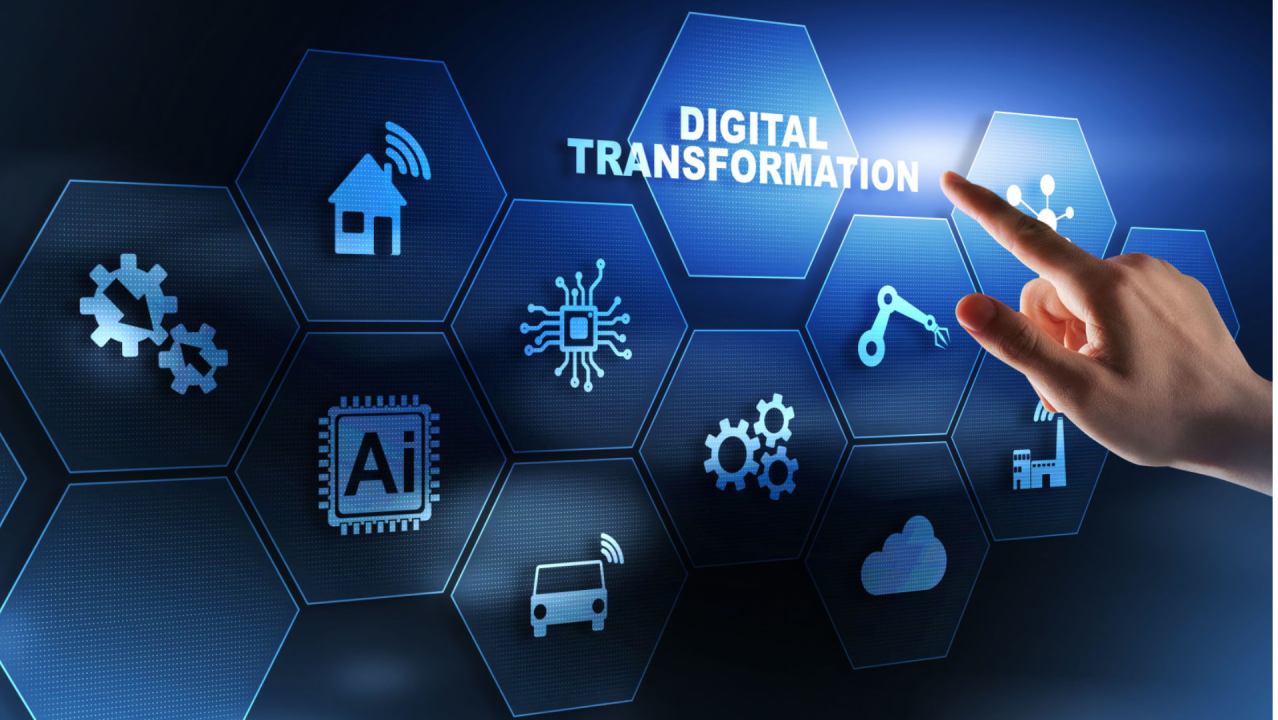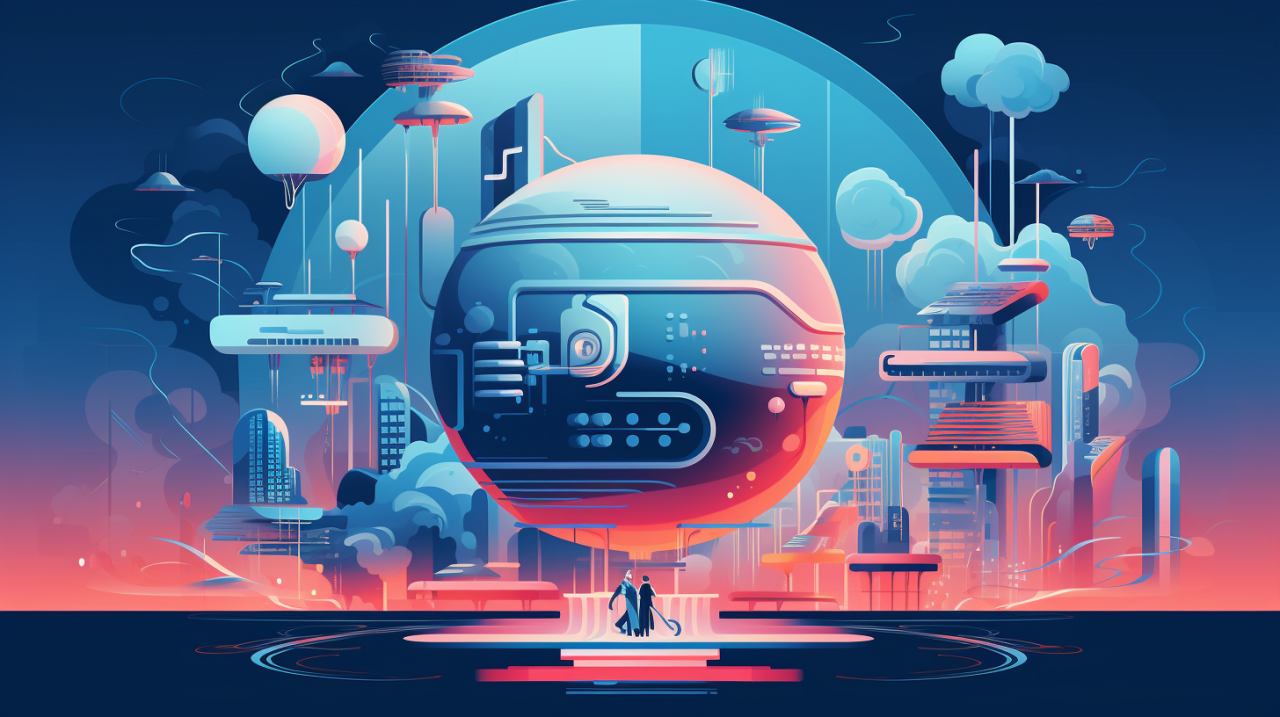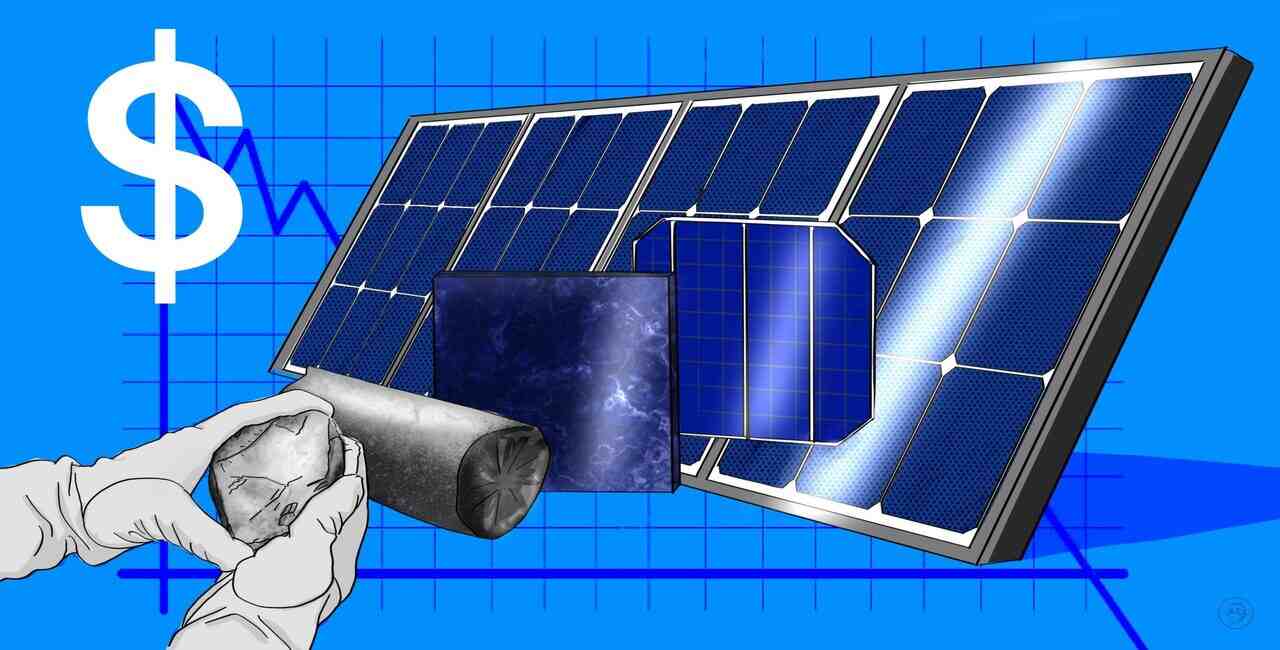As we stand at the precipice of a new era, the rapid evolution of technology is reshaping our world in profound ways. From artificial intelligence to quantum computing, the advancements we witness today are not just enhancements of existing tools but transformative innovations that are redefining how we live, work, and interact.
The Rise of Artificial Intelligence
Artificial intelligence (AI) has emerged as a cornerstone of modern technology, influencing nearly every sector. With its capacity to analyze vast amounts of data, learn from patterns, and make decisions with minimal human intervention, AI is revolutionizing industries such as healthcare, finance, and transportation.
In healthcare, for instance, AI-driven algorithms can predict patient outcomes and recommend treatments based on historical data, significantly improving the accuracy of diagnoses. In finance, AI systems are optimizing trading strategies, detecting fraudulent activities, and personalizing financial advice. As these technologies continue to evolve, their integration into everyday life will become more seamless, enabling enhanced efficiency and productivity.
The Impact of Quantum Computing
While AI is transforming current technological landscapes, quantum computing promises to unlock capabilities that were previously unimaginable. Unlike classical computers that process information in bits (0s and 1s), quantum computers utilize qubits, which can exist in multiple states simultaneously. This allows them to perform complex calculations at unprecedented speeds.
The potential applications of quantum computing are vast. For instance, in drug discovery, quantum computers can simulate molecular interactions much faster than traditional computers, expediting the development of new medications. In cryptography, they could revolutionize data security by breaking current encryption methods, necessitating the development of new, quantum-resistant algorithms.
The Internet of Things (IoT)
The Internet of Things (IoT) refers to the interconnected network of devices that communicate and share data with one another. As the number of connected devices continues to grow, the IoT is enabling smarter homes, cities, and industries. Smart thermostats, security systems, and appliances are just the tip of the iceberg.
In urban environments, IoT technology can optimize traffic flow, reduce energy consumption, and enhance public safety through smart surveillance systems. In agriculture, IoT sensors can monitor soil conditions and weather patterns, allowing farmers to make data-driven decisions that improve crop yields. The integration of IoT into everyday life not only enhances convenience but also promotes sustainability.
The Role of 5G Technology
As the backbone of the IoT, the rollout of 5G technology is set to amplify the capabilities of connected devices. With its ultra-low latency and high-speed data transfer, 5G enables real-time communication between devices, paving the way for innovations such as autonomous vehicles and smart cities.
The impact of 5G extends beyond consumer applications. In healthcare, it facilitates remote surgeries and telemedicine consultations, bridging geographical gaps and improving access to care. In manufacturing, 5G supports automation and robotics, allowing for smarter factories that can respond to market demands with agility.
Cybersecurity Challenges
While technological advancements offer immense benefits, they also pose significant challenges, particularly in cybersecurity. As we become increasingly reliant on digital infrastructures, the risk of cyberattacks grows. High-profile data breaches and ransomware attacks have underscored the importance of robust security measures.
Organizations must prioritize cybersecurity by adopting proactive strategies that include regular risk assessments, employee training, and the implementation of advanced security technologies like AI-driven threat detection. Additionally, as quantum computing develops, the need for quantum-safe encryption methods will become imperative to protect sensitive information.
The Ethical Dimensions of Technology
With great power comes great responsibility. As technology evolves, so too does the ethical landscape surrounding its use. Issues such as data privacy, algorithmic bias, and the potential for job displacement due to automation require careful consideration.
The rise of AI has sparked debates about accountability—who is responsible when an AI makes a mistake? Furthermore, the collection and use of personal data by tech companies raise questions about privacy and consent. It is crucial for policymakers, technologists, and society at large to engage in meaningful dialogues to ensure that technological advancements align with ethical standards and serve the greater good.
Embracing Change and Innovation
In conclusion, the future of technology is both exciting and daunting. As we navigate this digital transformation, it is essential to embrace change while remaining vigilant about the potential risks. By fostering a culture of innovation, prioritizing ethical considerations, and investing in education and skills development, we can harness the power of technology to create a better future.
The next decade will undoubtedly bring further advancements that will challenge our perceptions and reshape our realities. It is up to us to guide these changes, ensuring that technology serves as a tool for progress rather than a source of division. The journey ahead may be unpredictable, but with thoughtful stewardship, we can navigate the complexities of our technological landscape and emerge stronger than ever.



